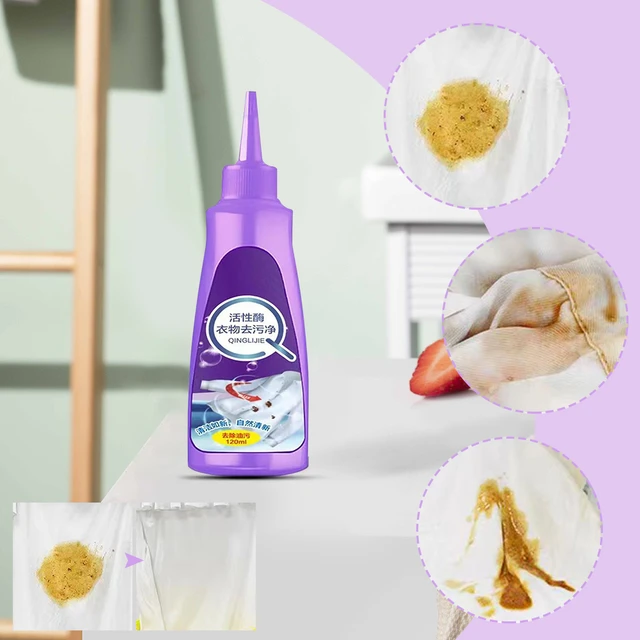 Introduction:
Introduction:
Making homemade laundry detergent is a budget-friendly and eco-friendly alternative to commercial laundry detergents. By using simple ingredients and following an easy recipe, you can create an effective cleaning solution for your laundry. In this comprehensive guide, we will explore a recipe for homemade laundry detergent, including the ingredients, steps, and tips for maximizing its effectiveness. By understanding these aspects, you can confidently make your own laundry detergent and enjoy the benefits of a cost-effective and environmentally friendly cleaning solution.
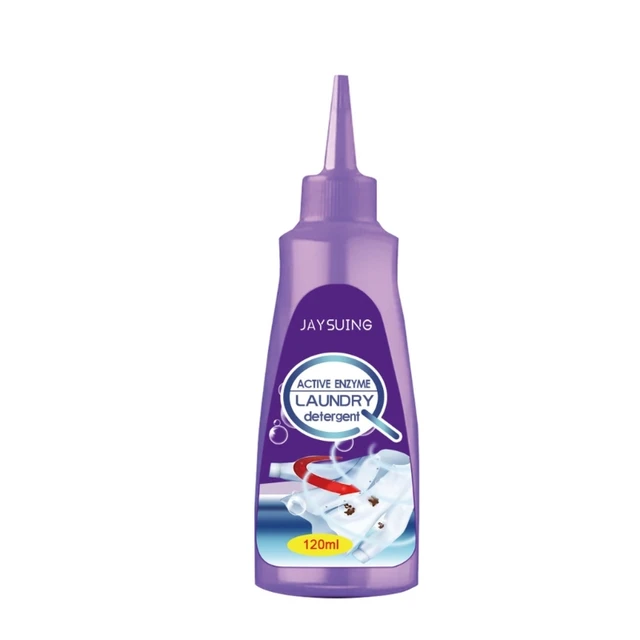 Some popular types of laundry detergents:
Some popular types of laundry detergents:
Here are some popular types of laundry detergents:
Regular/Standard Detergent:
Regular or standard laundry detergents are designed to effectively clean a wide range of fabrics and remove common stains and dirt. They are suitable for everyday laundry needs and come in various forms like liquid, powder, or pods.
High Efficiency (HE) Detergent:
HE detergents are formulated specifically for high-efficiency washing machines. These machines use less water and require detergents that produce less suds. HE detergents are typically more concentrated and can be used in both front-loading and top-loading HE machines.
Sensitive Skin Detergent:
Sensitive skin detergents are designed for individuals with allergies or skin sensitivities. They are usually fragrance-free and formulated to be gentle on the skin while still effectively cleaning clothes.
Eco-Friendly Detergent:
Eco-friendly or green detergents are made with environmentally friendly ingredients and are formulated to have a minimal impact on the environment. They often contain plant-based or biodegradable ingredients and are free of phosphates, chlorine, and other harmful chemicals.
Baby Detergent:
Baby detergents are specifically made for washing baby clothes and are formulated to be gentle and safe for sensitive skin. They are usually free of harsh chemicals, fragrances, and dyes.
Stain-Removing Detergent:
Stain-removing detergents are designed to have enhanced stain-fighting properties. They contain enzymes or other additives that help break down and remove tough stains like grease, oil, grass, or wine.
Fabric Softener Detergent:
Fabric softener detergents combine the cleaning power of laundry detergent with the softening effects of fabric softener. They help reduce static, make clothes feel softer, and leave a pleasant scent behind.
Delicate/Laundry Wash Bags Detergent:
Delicate detergents are specially designed for washing delicate fabrics or clothing items that require extra care. They help protect delicate fibers and prevent damage or shrinking. Some brands also offer detergents specifically for use with laundry wash bags or mesh bags to protect certain items during the wash cycle.
When choosing a laundry detergent, consider your specific laundry needs, such as fabric type, stains, fragrance preferences, and any skin sensitivities. It’s also important to follow the manufacturer’s instructions for proper usage and dosage.
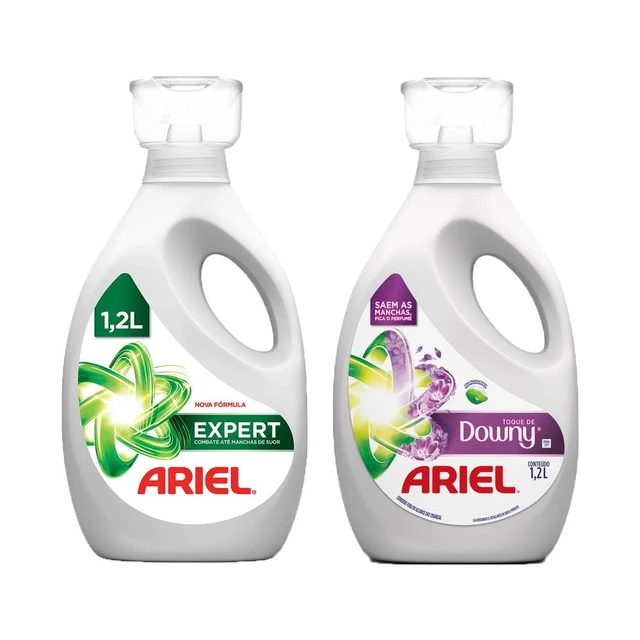 Ingredients for Homemade Laundry Detergent
Ingredients for Homemade Laundry Detergent
Bar Soap:
Select a bar soap that is mild and free from artificial fragrances and dyes.
Popular choices include castile soap, coconut oil soap, or homemade soap.
Washing Soda:
Washing soda, also known as soda ash or sodium carbonate, is a natural cleaner and stain remover.
It helps to boost the cleaning power of the laundry detergent.
Borax:
Borax, a mineral compound, enhances the cleaning effectiveness of the laundry detergent.
However, it is important to note that some individuals may prefer to omit borax due to environmental or health concerns.
Homemade Laundry Detergent Recipe
Grate the Bar Soap:
Grate the bar soap using a cheese grater or food processor until it becomes a fine powder.
Ensure that the soap is evenly grated to allow for easy dissolving in the wash.
Mix the Ingredients:
In a large container or mixing bowl, combine the grated bar soap, washing soda, and borax (if desired).
Stir the ingredients together until they are well mixed.
Storage:
Transfer the mixture into a suitable airtight container, such as a glass jar or plastic container with a tight-fitting lid.
Store the homemade laundry detergent in a cool, dry place.
Using Homemade Laundry Detergent
Measurement and Use:
Use approximately 1-2 tablespoons of the homemade laundry detergent per load of laundry.
Adjust the amount based on the size of the load and the level of dirtiness.
Dissolving:
To ensure proper dissolution, add the detergent directly to the water in the washing machine before adding the clothes.
Stir or agitate the water briefly to help dissolve the detergent.
Pre-treating Stains:
For tough stains, create a paste by adding a small amount of water to the homemade laundry detergent.
Apply the paste directly to the stain, let it sit for a few minutes, then wash as usual.
Tips and Considerations
Scent:
If desired, add a few drops of essential oils to the homemade laundry detergent for a natural fragrance.
Choose scents that complement or enhance the cleanliness of the laundry.
4.2 High-Efficiency Machines:
Homemade laundry detergent is suitable for use in high-efficiency (HE) washing machines.
However, use a smaller amount of the detergent, as HE machines require less soap.
Sensitivity:
Individuals with sensitivities or allergies may want to test the homemade laundry detergent on a small area of clothing before using it on the entire laundry load.
Adjust the recipe or consider an alternative if any adverse reactions occur.
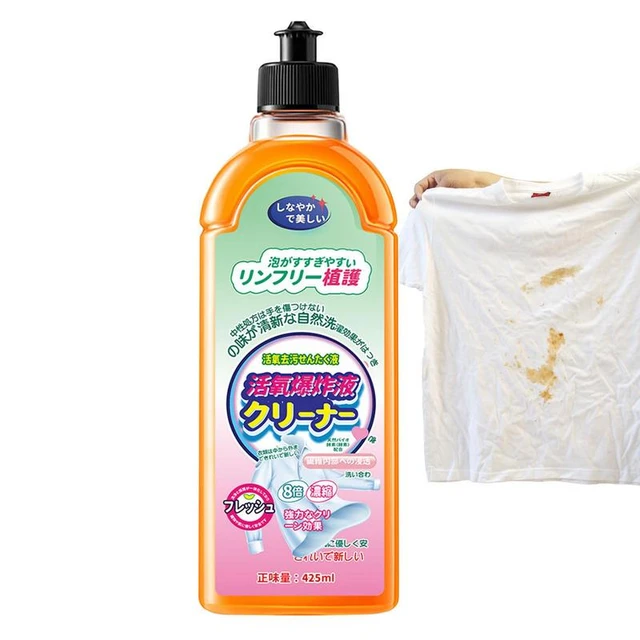 Several advantages to making homemade laundry detergent:
Several advantages to making homemade laundry detergent:
There are several advantages to making homemade laundry detergent:
Cost-effective: Homemade laundry detergent is generally much more affordable than commercial options. The ingredients used to make it are often inexpensive and can be purchased in bulk, helping to save money in the long run.
Environmental friendliness: Homemade laundry detergent typically contains fewer chemicals and artificial additives compared to commercial detergents. By using natural ingredients and avoiding harsh chemicals, homemade detergent is generally considered to be more environmentally friendly.
Allergy and sensitivity concerns: Commercial laundry detergents may contain harsh chemicals and fragrances that can cause allergies or skin sensitivities for some individuals. Homemade detergents allow for more control over the ingredients, making it easier to customize the formula to suit specific needs or avoid potential irritation.
Knowledge of ingredients: Making your own laundry detergent allows you to have full knowledge and control over the ingredients used. You can avoid chemicals or additives that you prefer to avoid, such as certain dyes, fragrances, or preservatives.
Simple and natural ingredients: Most homemade laundry detergent recipes consist of basic, commonly available ingredients like baking soda, washing soda, borax, or soap flakes. These ingredients are simple and natural, minimizing the use of complex or unknown chemicals.
It’s important to note that homemade laundry detergent may not be as effective on tough stains or heavily soiled garments compared to commercial options. Additionally, some fabrics, such as delicate or specialty materials, may require specific care instructions or commercially available detergents. It’s always a good idea to test homemade detergent on a small area before using it on all laundry and to consult fabric care labels for specific instructions.
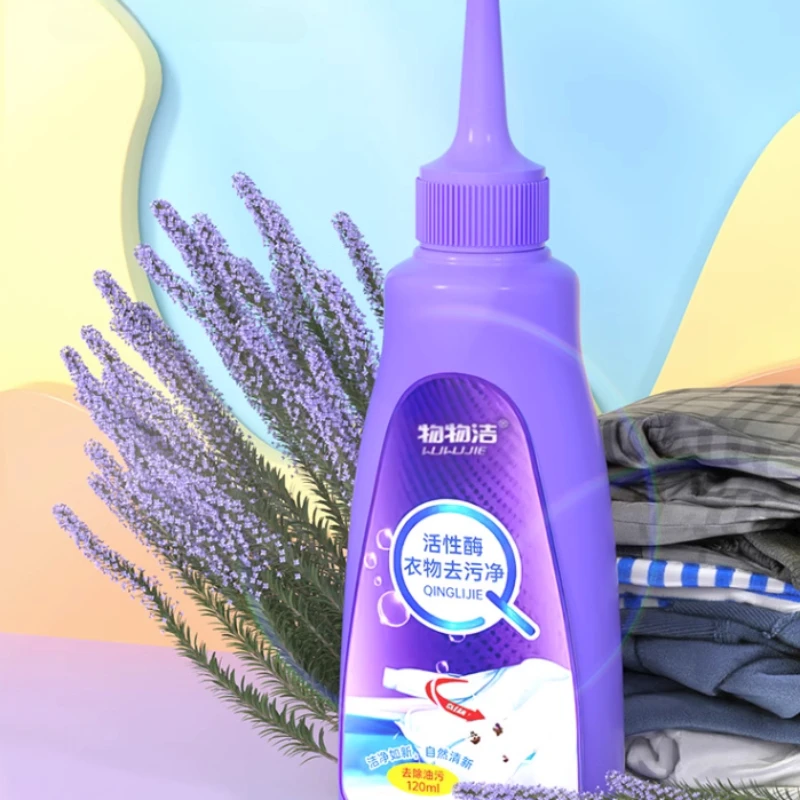 Conclusion:
Conclusion:
Creating homemade laundry detergent is a cost-effective and environmentally friendly approach to cleaning your laundry. By following the easy recipe and using simple ingredients like bar soap, washing soda, and borax, you can make a highly effective cleaning solution. Remember to measure and dissolve the detergent properly when using it, and consider adding essential oils for a pleasant scent. It is important to note any sensitivities or allergies and adjust the recipe or seek alternatives accordingly. Enjoy the benefits of a homemade laundry detergent—clean clothes, cost savings, and a reduced environmental impact. Let this comprehensive guide be a valuable resource in making your own laundry detergent and contributing to a greener and more sustainable lifestyle.
